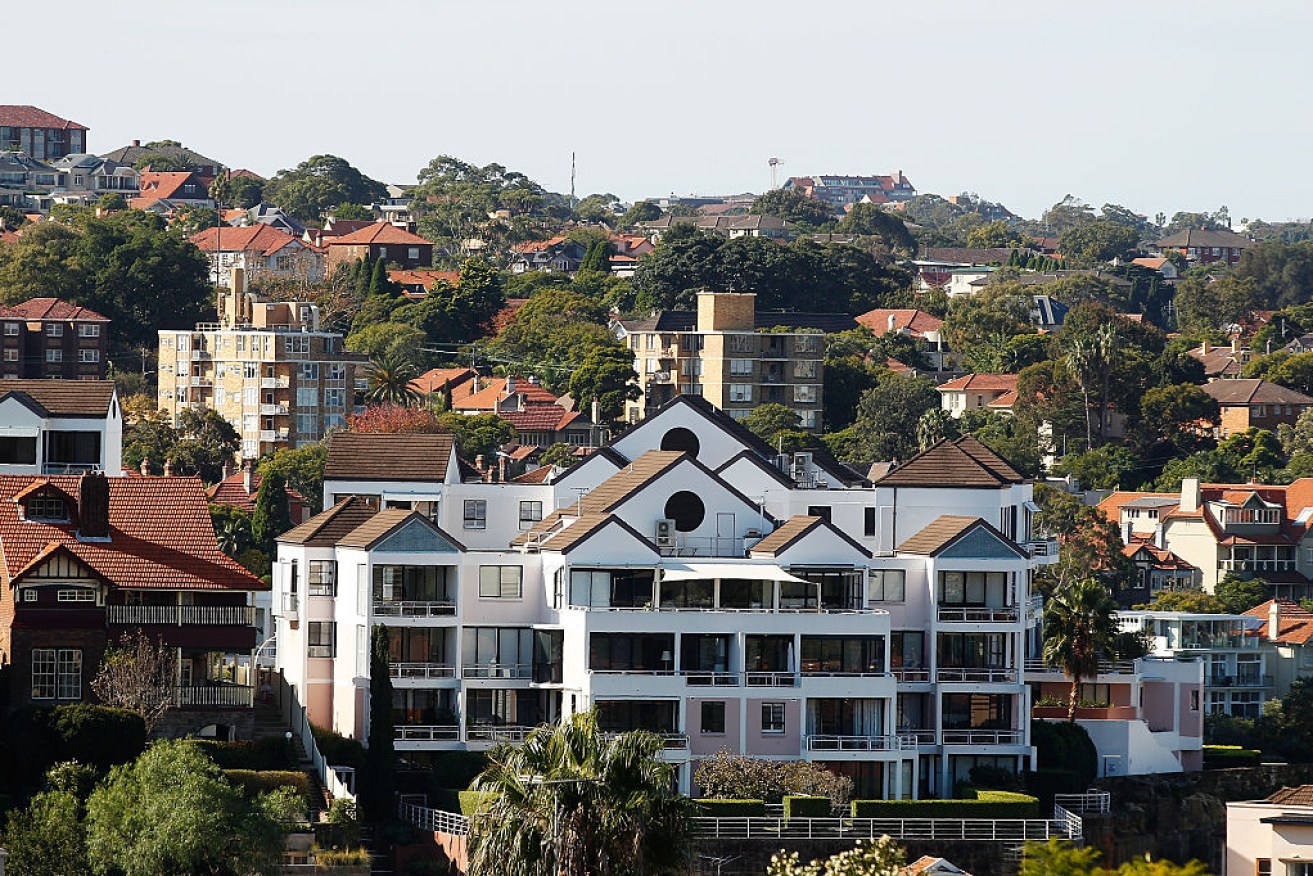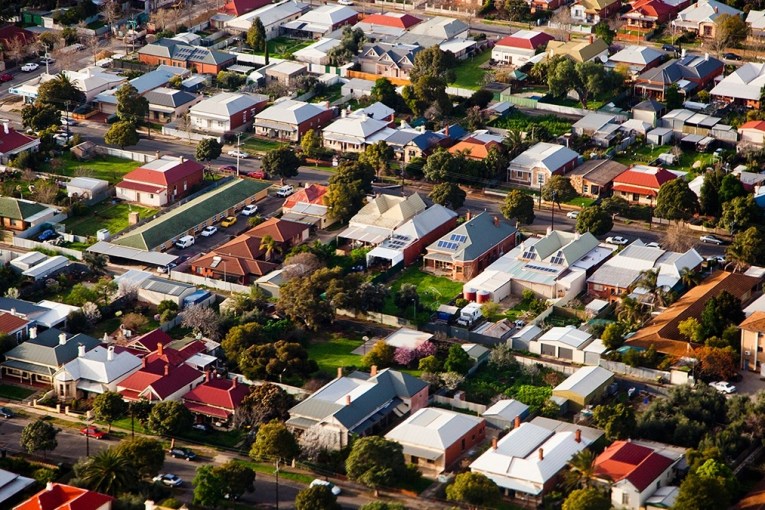Hot property market prompts OECD rate warning

Rises will be needed by the end of 2017 to "unwind tensions" in the housing market. Photo: Getty.
Australians should brace for official interest rate rises by the end of next year to cool the hot real estate market, according to the OECD.
The Organisation for Economic Cooperation and Development warns monetary tightening is expected to begin towards the end of 2017 given the need to “unwind tensions” in the housing market caused by the record low interest rates.
“Monetary policy tightening is expected to commence towards the end of 2017 and this is appropriate given likely monetary policy developments elsewhere,” the OECD said in its Global Economic Outlook released overnight.
The OECD’s warning comes as some banks begin to increase standard variable rates for new borrowers independent of the Reserve Bank, while yields on safe government bonds begin to slowly rise eight years after the global financial crisis.
Market economists, who had been tipping the RBA’s cash rate to stay lower for longer, are reviewing their forecasts with some still tipping another rate cut in 2017.
In a recent speech, Reserve Bank governor Dr Philip Lowe signalled the central bank’s rate-cutting cycle could be at an end.
The OECD made its concerns about rising real estate prices plain in its breakout on prospects for Australia’s economy, while urging higher rates.
“Significant housing market concerns remain and there is growing discord between financial market developments and the rest of the economy due to the low interest rate environment,” the OECD warned.
“The housing market remains a risk as an acceleration in price adjustment would weaken consumption demand and construction activity.”
OECD urges land tax, GST increase
The OECD has also urged the Federal Government to pursue tax reform, repeating its calls for a review of the Goods and Services Tax (GST) and land tax.
However, Finance Minister Matthias Cormann this morning rejected the OECD’s calls to put a review of the GST back on the agenda.
“We’ve had a debate in this country about the merits or otherwise of making changes to the GST and we’ve decided against it,” Mr Cormann told ABC News Breakfast.

No change to GST, says Finance Minister Mathias Cormann. Photo: AAP
Rather than focusing too much on budget repair, the OECD said the Government should provide fiscal rather than monetary stimulus in the event of a downturn.
“There is space for fiscal loosening given the low public debt burden,” the OECD observed.
“Returns would be high for accelerated infrastructure development and investing in skills, an area where Australia falls short.”
The OECD predicted that Australia’s economy will slow to below 3 per cent by the end of the year and that the jobless rate will rise slightly to 5.7 per cent before falling.
Follow Peter Ryan on Twitter @peter_f_ryan and on his Main Street blog.
– ABC








